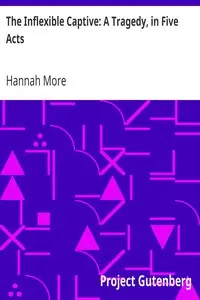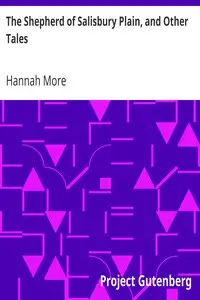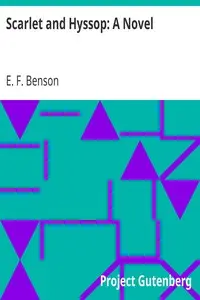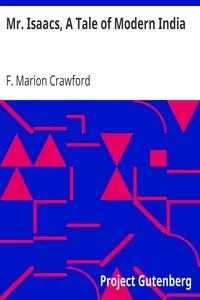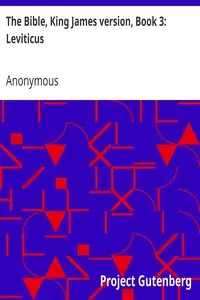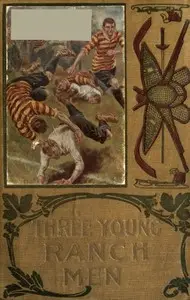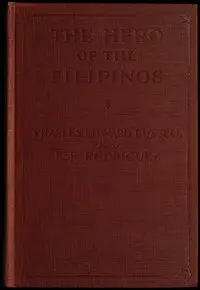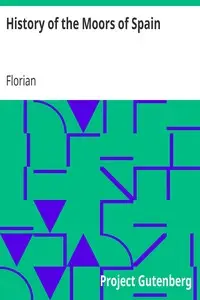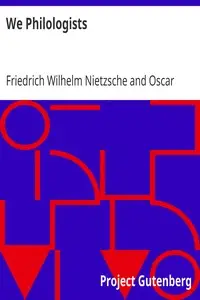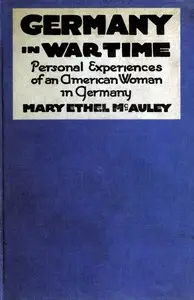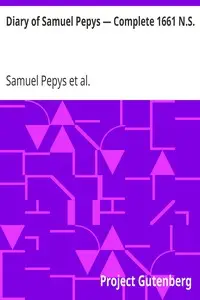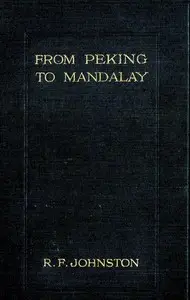"Considerations on Religion and Public Education" by Hannah More is a critical and reflective work written in the late 18th century. This non-fiction publication engages with themes surrounding religion and its relationship with public education, particularly in the context of the tumultuous political climate of revolutionary France. More's analysis delves into the implications of emerging secular ideologies on faith and societal structures, expressing concern for the future of moral education amid the rise of atheistic doctrines. In this book, More responds directly to the controversial speech delivered by M. Dupont in the French National Convention, which advocated for the establishment of secular public education devoid of religious instruction. More emphasizes the importance of Christianity in framing moral principles and social order, arguing that education without a foundation in faith could lead to societal decay. Throughout her remarks, she critiques the notion of enlightenment that dismisses religion, warning of the dangers of irreligion evidenced by the chaos of the French Revolution. More appeals to her readers, particularly women, to recognize their roles in promoting charitable actions and moral responsibility in the face of shifting cultural values. (This is an automatically generated summary.)
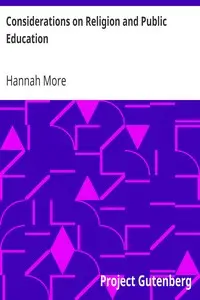
Considerations on Religion and Public Education With remarks on the speech of M. Dupont delivered in the National Convention of France, together with an address to the ladies, &c. of Great Britain and Ireland
By Hannah More
"Considerations on Religion and Public Education" by Hannah More is a critical and reflective work written in the late 18th century. This non-fiction ...
Hannah More was an English religious writer, philanthropist, poet, and playwright in the circle of Johnson, Reynolds and Garrick, who wrote on moral and religious subjects. Born in Bristol, she taught at a school her father founded there and began writing plays. She became involved in the London literary elite and a leading Bluestocking member. Her later plays and poetry became more evangelical. She joined a group opposing the slave trade. In the 1790s she wrote Cheap Repository Tracts on moral, religious and political topics, to distribute to the literate poor. Meanwhile, she broadened her links with schools she and her sister Martha had founded in rural Somerset. These curbed their teaching of the poor, allowing limited reading but no writing. More was noted for her political conservatism, being described as an anti-feminist, a "counter-revolutionary", or a conservative feminist.




